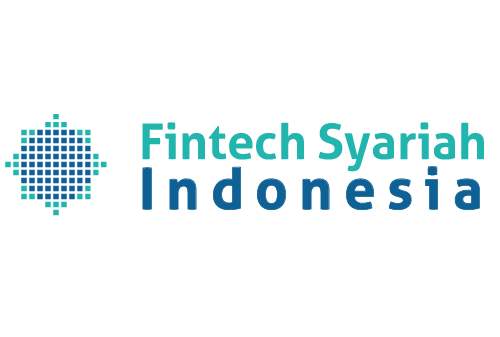The Thoughts of Sheikh Al Maududi and Ayatollah Baqir Shadr on Interest
DOI:
https://doi.org/10.59580/iesbir.v2i2.5645Abstract
The past victories of Islam were weakened by stagnating scientific progress, slowing Muslim economic growth, and weakening military power in Islamic countries, and were easily defeated by the West. During this period, scholars were stigmatized as closed doors to Izhad and experienced a so-called sluggishness in which there was little development and innovation in both religion and science. Open the door to Ijtihad such as Johor ulema Dato' Syed Salim Abdullah al-Attas (1873-1899), Dato' Abdullah Musa (1899-1907), Syed 'Abd Qadir Muhsin al-Attas (1909 -1933) ) and Syed Alwi Tahir al-Haddad (1933-1941). Currently, Muslims are undergoing various attacks from scientific and economic aspects, especially in relation to interest, and until now, there are still some Muslims who do not consider interest, especially bank interest, to be haram. It's a pity. That's why scholars tried to empower Muslims, such as Sunni Abul Ala al-Moudi and Shia Sheikh Bakr Sadr. This study uses a literature review method with reference to selected journals and books and aims to explore whether there are differences between Sunnis and Shiites regarding this interest.
Downloads
Published
How to Cite
Issue
Section
License
Copyright (c) 2023 Almer Ulul Albab, Sebastian Herman

This work is licensed under a Creative Commons Attribution 4.0 International License.
Authors who publish with this journal agree to the following terms:
- Authors retain copyright and grant the journal right of first publication with the work simultaneously licensed under a Creative Commons Attribution 4.0 International License that allows others to share the work with an acknowledgment of the work's authorship and initial publication in this journal.
- Authors can enter into separate, additional contractual arrangements for the non-exclusive distribution of the journal's published version of the work (e.g., post it to an institutional repository or publish it in a book), with an acknowledgment of its initial publication in this journal.
- Authors are permitted and encouraged to post their work online (e.g., in institutional repositories or on their website) before and during the submission process, as it can lead to productive exchanges, as well as earlier and greater citation of published work.

This work is licensed under a Creative Commons Attribution 4.0 International License.












